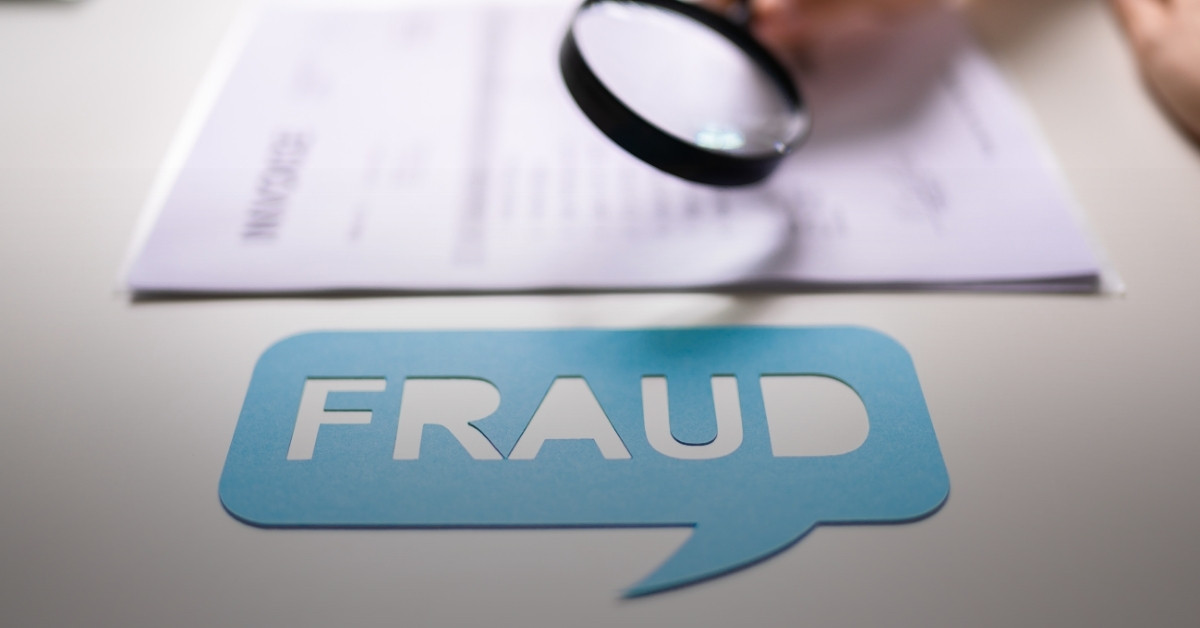Protecting Your Dental Practice from Fraud: What Every Dentist Needs to Know

Fraud is an increasing concern for dental practices of all sizes. Whether you operate a solo office or manage a multi-provider group, your practice may be more exposed to financial risk than you realize. With rising operational costs and limited oversight in many dental offices, fraudulent activity can occur quietly and cause significant damage before it’s discovered.
Understanding how fraud occurs and taking proactive steps to prevent it is essential to safeguarding your practice’s financial health, reputation, and long-term success.
What Is Fraud in a Dental Practice?
Fraud involves any intentional act of deception that results in financial loss. In dental settings, fraud typically falls into two categories:
- Asset misappropriation: This includes theft of cash, dental supplies, or equipment.
- Financial misrepresentation: This involves manipulating financial records, such as inflating production numbers or concealing expenses.
Both types can lead to serious consequences, including lost income, legal exposure, and erosion of patient trust.
How Fraud Happens: The Fraud Triangle
According to the Association of Certified Fraud Examiners (ACFE), three conditions typically lead to occupational fraud:
- Pressure: An employee may be experiencing personal financial stress or other external pressures.
- Rationalization: The individual justifies the behavior as harmless or deserved.
- Opportunity: Weak internal controls or lack of oversight make it easier to commit fraud without detection.
While you cannot control personal motives, you can significantly reduce the opportunity for fraud by implementing strong internal systems.
Why Dental Practices Are Vulnerable
Dental offices often operate with small teams and high levels of trust. Staff may be responsible for multiple financial tasks, and dentists are usually focused on clinical care rather than administrative oversight. These conditions can create gaps in accountability.
Common risk factors include:
- Lack of separation between billing, collections, and deposits
- Infrequent or inconsistent bank reconciliations
- Unrestricted access to practice management and accounting systems
- Absence of a formal fraud policy or employee training
Best Practices to Prevent Fraud in Your Dental Office
To reduce your risk, consider implementing the following strategies:
- Establish a Culture of Integrity
Hire trustworthy staff and reinforce ethical behavior through clear expectations and regular communication. - Implement a Written Fraud Policy
Define what constitutes fraud, how it should be reported, and what actions will be taken. Ensure all employees are trained on the policy. - Document Financial Procedures
Maintain written procedures for billing, collections, payroll, and purchasing. Review and update them regularly to reflect actual workflows. - Strengthen Internal Controls
Use checks and balances such as dual approval for payments, monthly bank reconciliations, and restricted access to sensitive financial data. - Separate Financial Duties
No single employee should control all aspects of a financial transaction. Even in small offices, rotate responsibilities or involve an external advisor for oversight. - Conduct Regular Reviews
Owners should review financial reports, perform spot checks, and consider periodic audits. External reviews can help identify risks and improve controls.
Take the First Step Toward a Fraud-Resistant Dental Practice
Preventing fraud is not just about protecting revenue, it’s about preserving your patients’ trust, your team’s integrity, and your professional reputation. Taking action today can help you avoid costly problems tomorrow.
If your practice hasn’t reviewed its fraud risk or internal controls recently, now is the time. A professional assessment can help you identify vulnerabilities and implement practical, tailored solutions.
Need expert guidance?
Jones & Roth CPAs and Business Advisors specialize in helping dental practices strengthen financial systems and reduce fraud risk. Contact us today to schedule a consultation.







